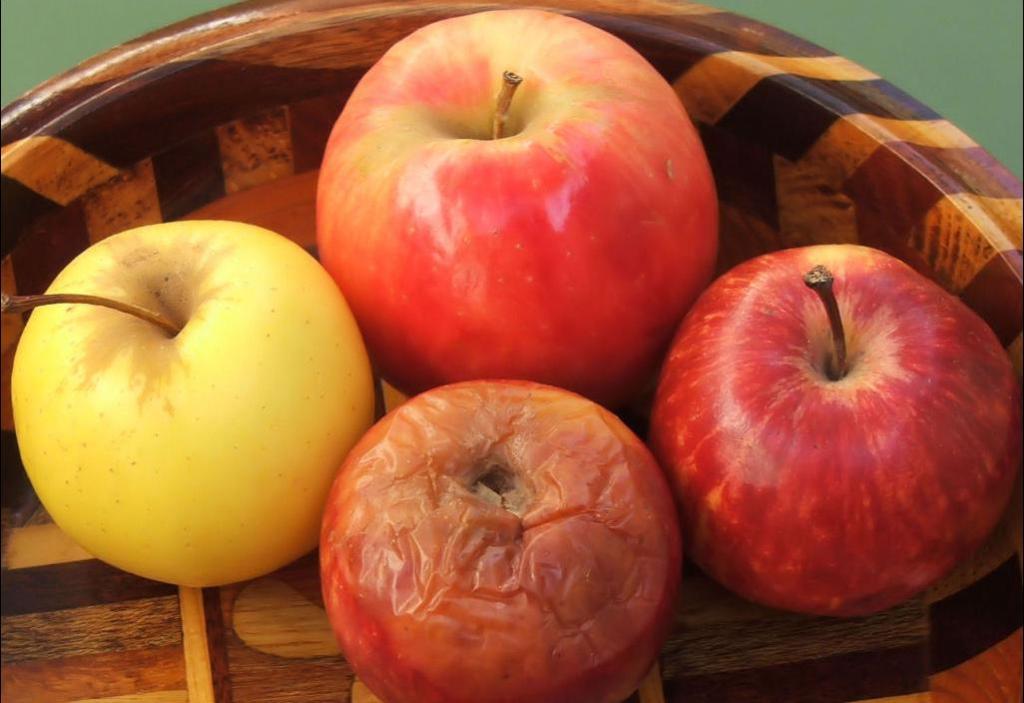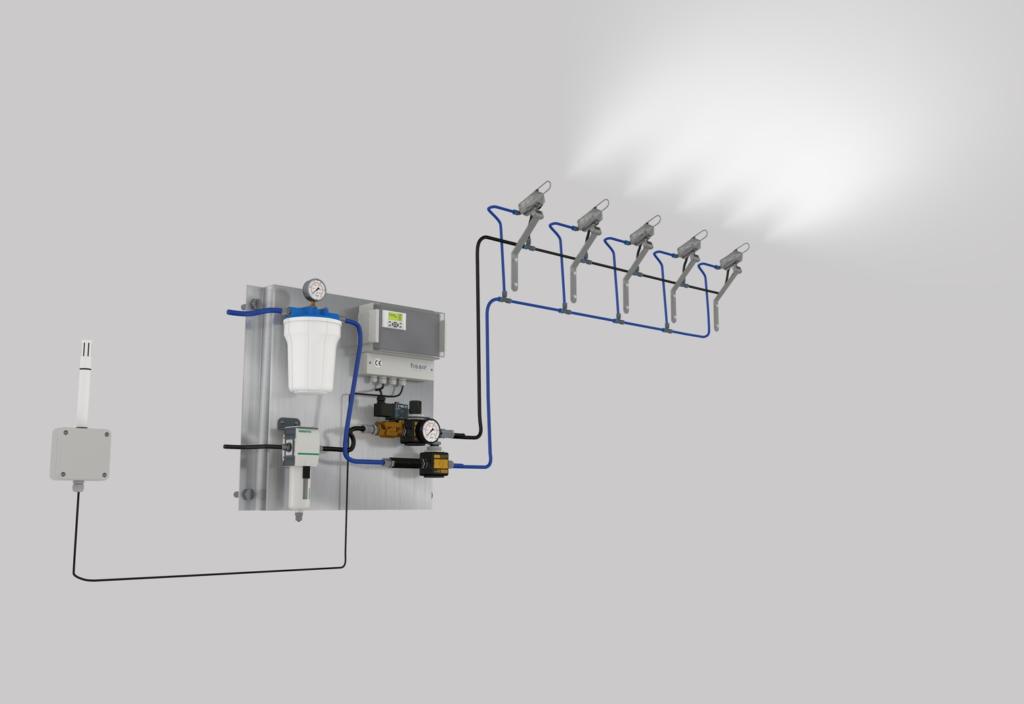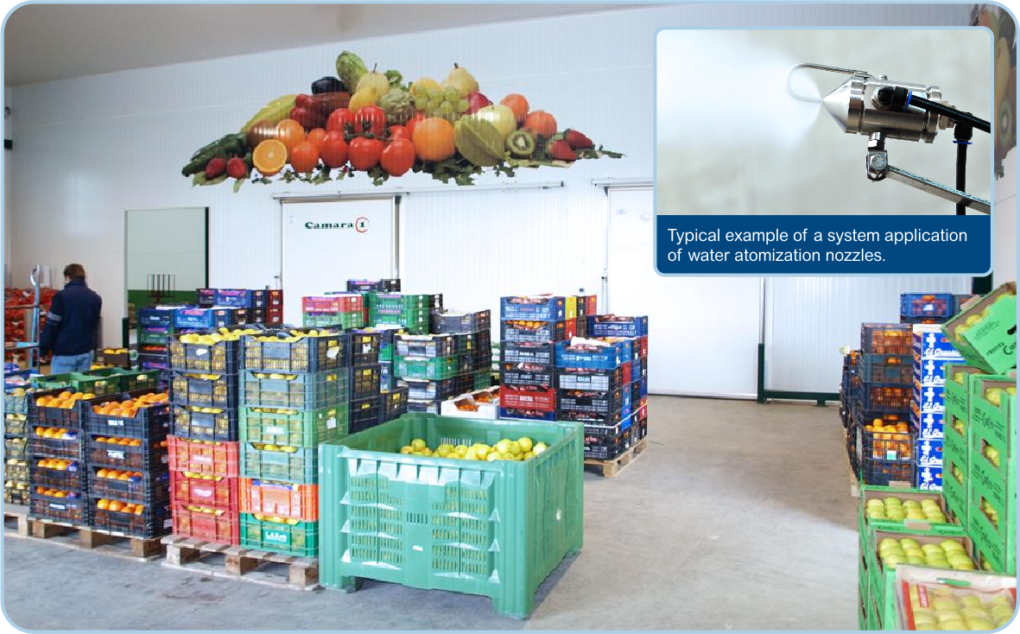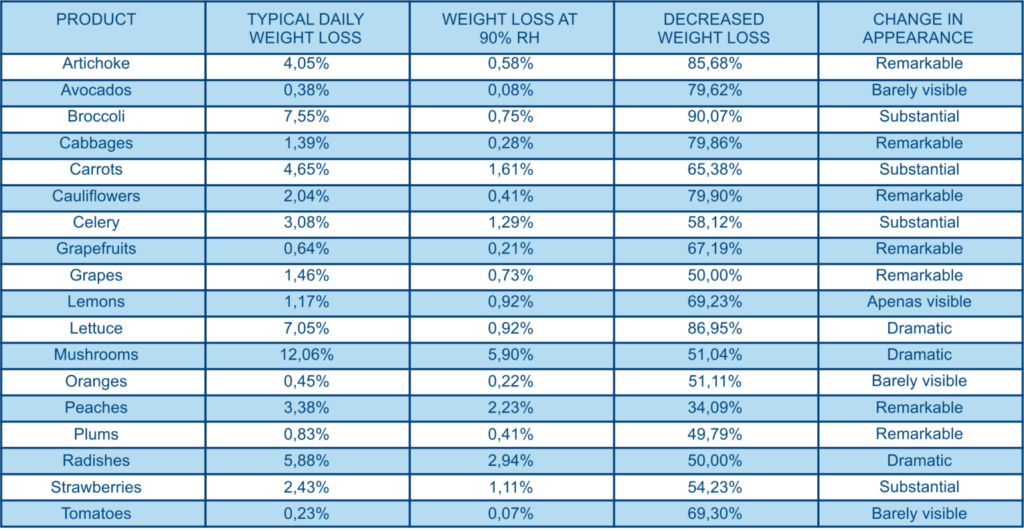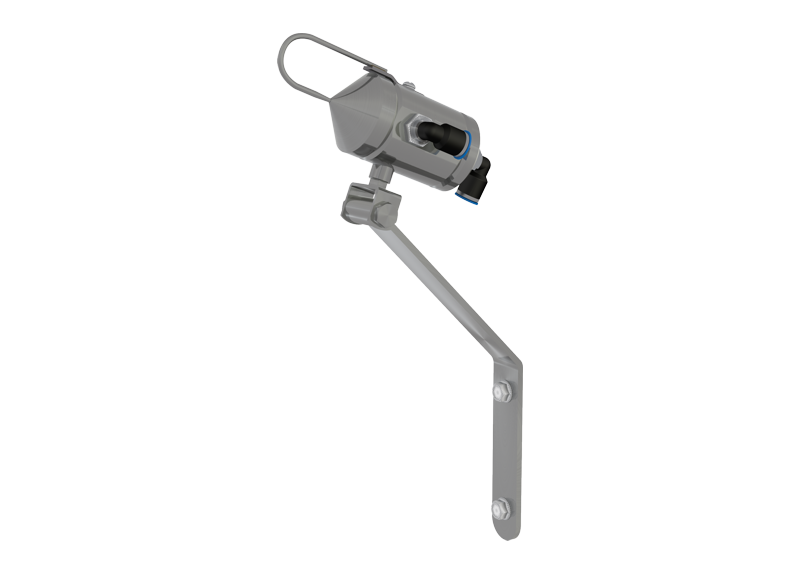-
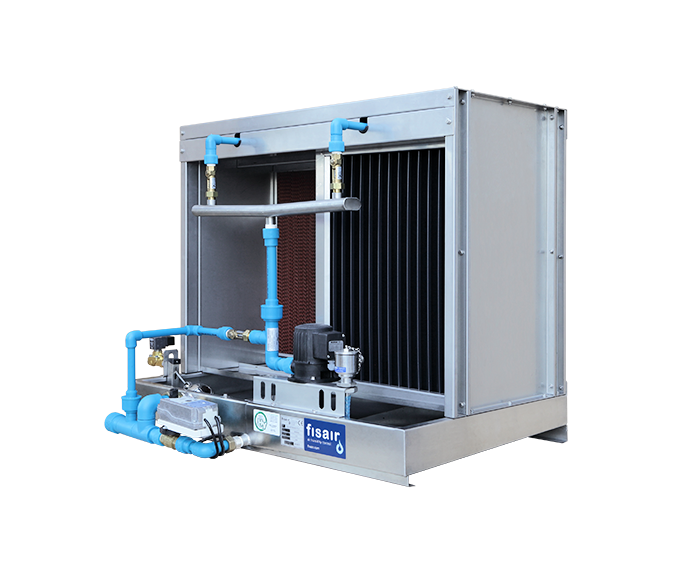 The most hygienic and efficient.Contact panel evaporative humidifiers, with the best performance on the market for efficiency at lower pressure drop and certified hygiene.
The most hygienic and efficient.Contact panel evaporative humidifiers, with the best performance on the market for efficiency at lower pressure drop and certified hygiene. -
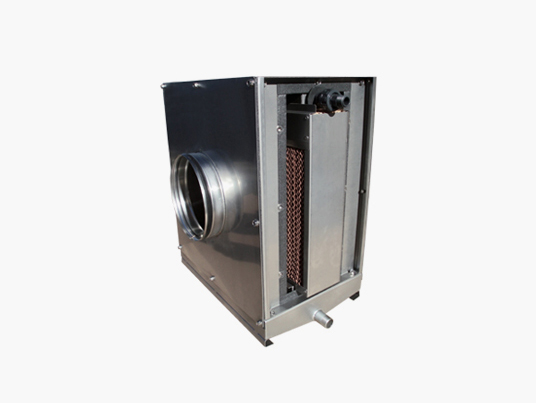 Low height solution The hygienic range for reduced heights enables the use of these systems in false ceilings in commercial premises or offices.
Low height solution The hygienic range for reduced heights enables the use of these systems in false ceilings in commercial premises or offices. -
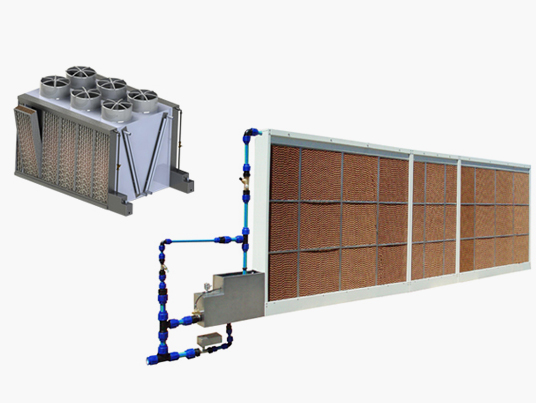 Most hygienic and efficient. Contact panel evaporative humidifiers, with the best performance on the market for lower pressure drop efficiency and certified hygiene. Contact panel evaporative humidifiers, with the best performance in the market for lower pressure drop efficiency and certified hygiene.
Most hygienic and efficient. Contact panel evaporative humidifiers, with the best performance on the market for lower pressure drop efficiency and certified hygiene. Contact panel evaporative humidifiers, with the best performance in the market for lower pressure drop efficiency and certified hygiene.
Up to a third of all food is spoiled or wasted before being consumed.
Fruits and vegetables are mostly made up of water, and when stored in a dry environment, can become dehydrated, losing weight and visual appeal to the buyer.
By preserving at low temperature after being harvested, the maturation and aging process is prevented, preserving the taste and quality. The ripening of the fruit is delayed, extending the chance of being available for sale out of season.
However, if the conservation and storage processes are not carried out under the right conditions, the fruit will dry out, causing a decrease in weight, deterioration in presentation and decrease in aroma, taste, and nutrient values. This will cause a decrease in sales which is bad for business.

